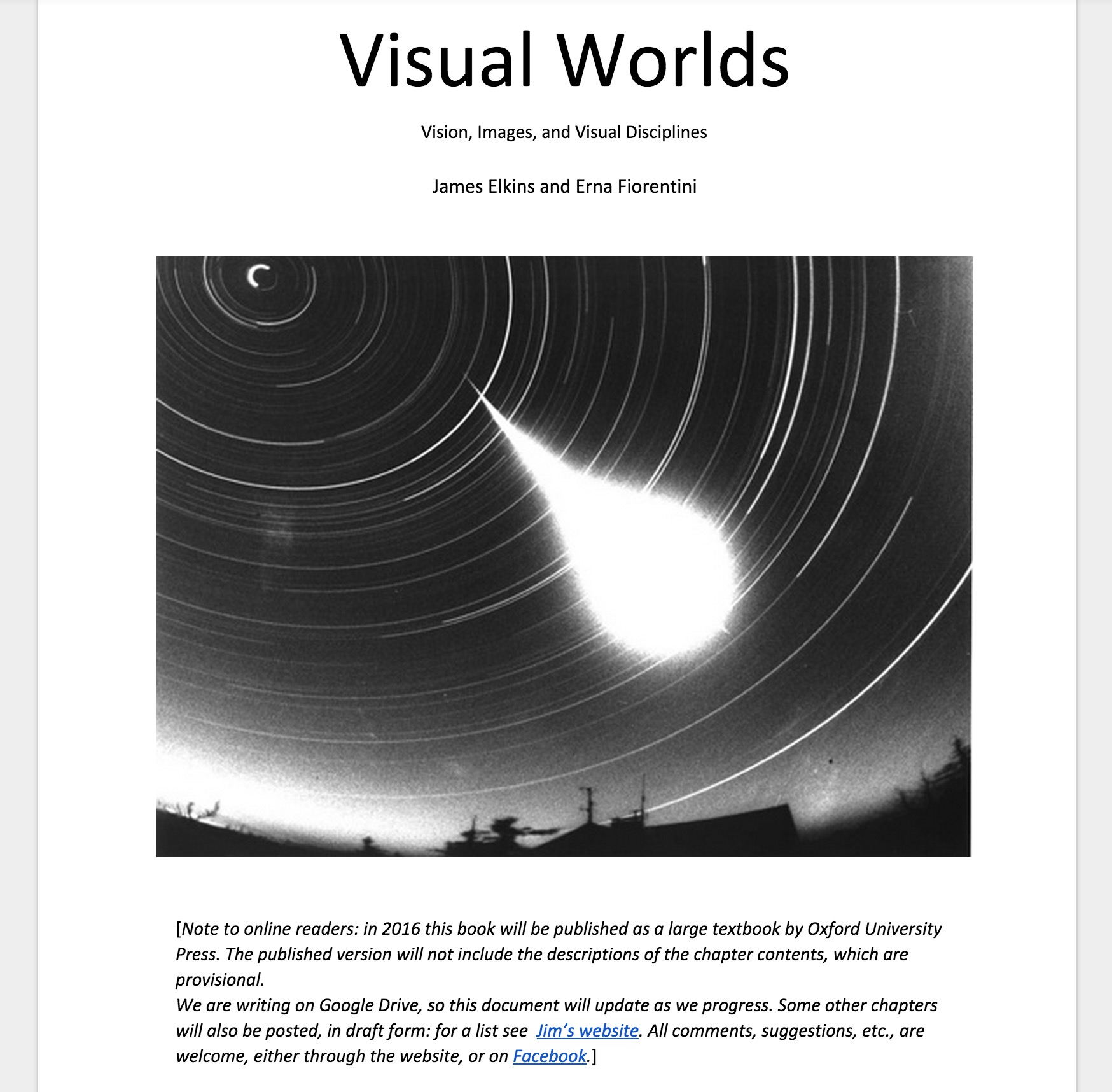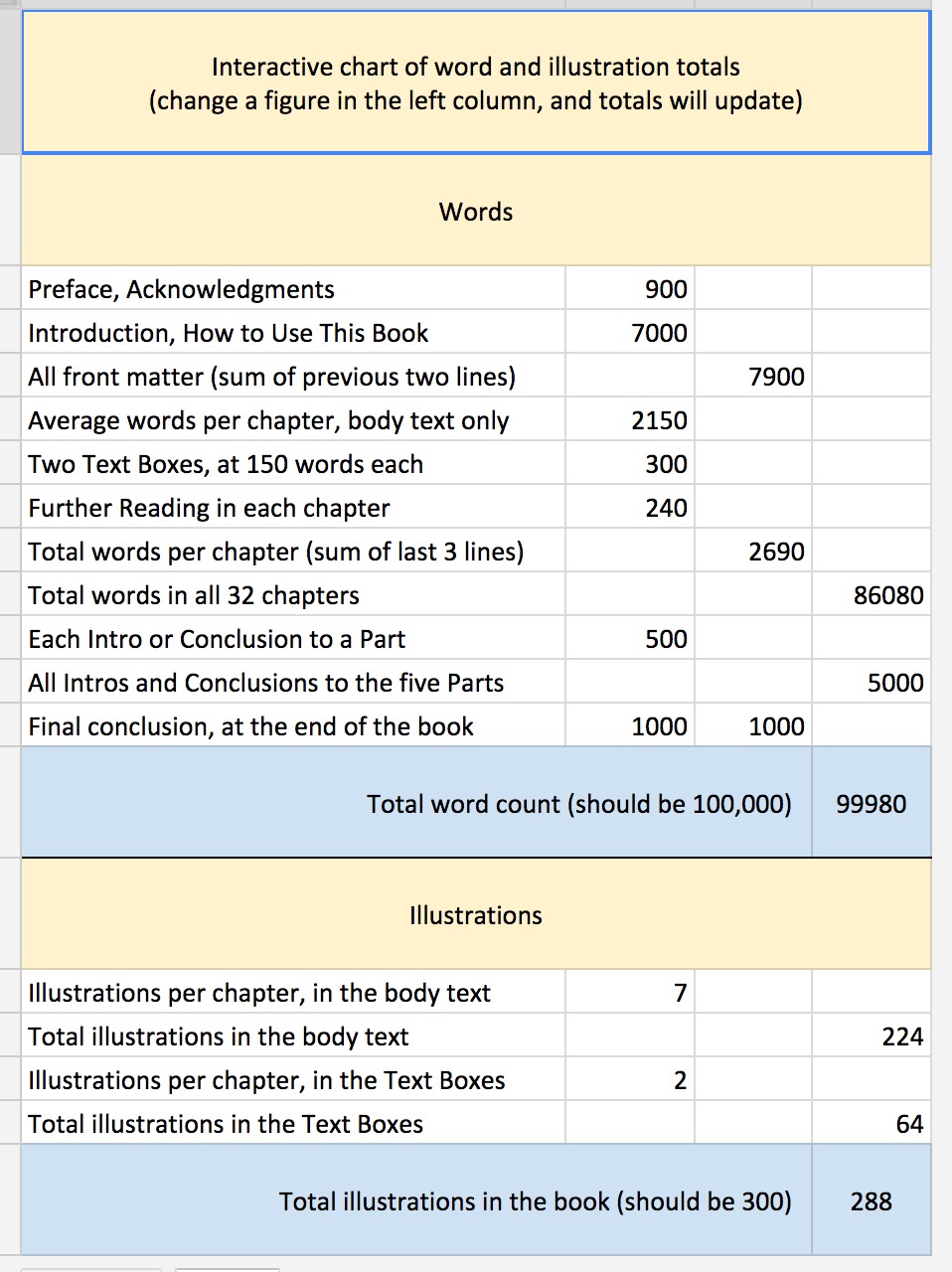
James Elkins, Professor in Art History, Theory, and Criticism at the School of the Art Institute of Chicago, delivered a lecture at the Institute of Fine Arts on February 10, 2015 as part of the Institute of Fine Art’s Daniel H. Silberberg Lecture Series. The lecture, “The End of the Theory of the Gaze,” explored the shortcomings of existing theories about the gaze and presented several aspects of Visual Worlds, the book that Professor Elkins is currently working on. IFA Ph.D. Candidate Claire Brandon spoke with Professor Elkins after the lecture.
Claire Brandon: Your lecture presented the failure of the theory of the gaze in the context of the new book you are working on, Visual Worlds. Could you talk a little bit about the digital format for this project? You mentioned that you and Erna Fiorentini are writing and editing this document using Google Drive, allowing for open-sourced authorship in some instances. How does this process work? How did you decide on Google Drive as a tool?

James Elkins: Well, we chose Google Drive (link here) just because it’s simple and it includes spreadsheets (which we need to keep track of word counts, illustrations, etc.). I have tried several WordPress sites, Nings (some are quite expensive), and other collaborative tools; they’re useful if you need video conferencing, separate discussion groups, etc.
The co-authoring part of the project works extremely smoothly: we have a document called “What’s new” where we exchange ideas; two spreadsheets to manage the many tasks of accumulating words, images, and arguments; a third spreadsheet for managing word counts; a document that records the Oxford Press “house style” (that’s something authors usually don’t see until the end, but we’re making our own “house style” for citations and usages).
